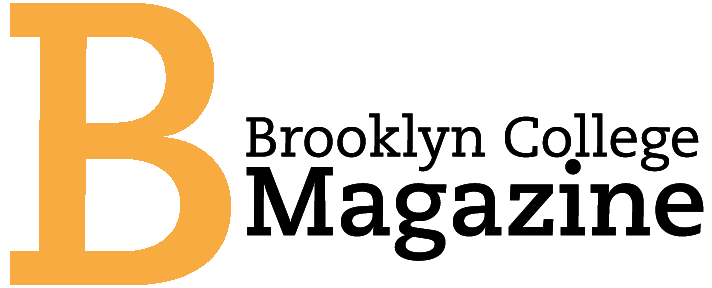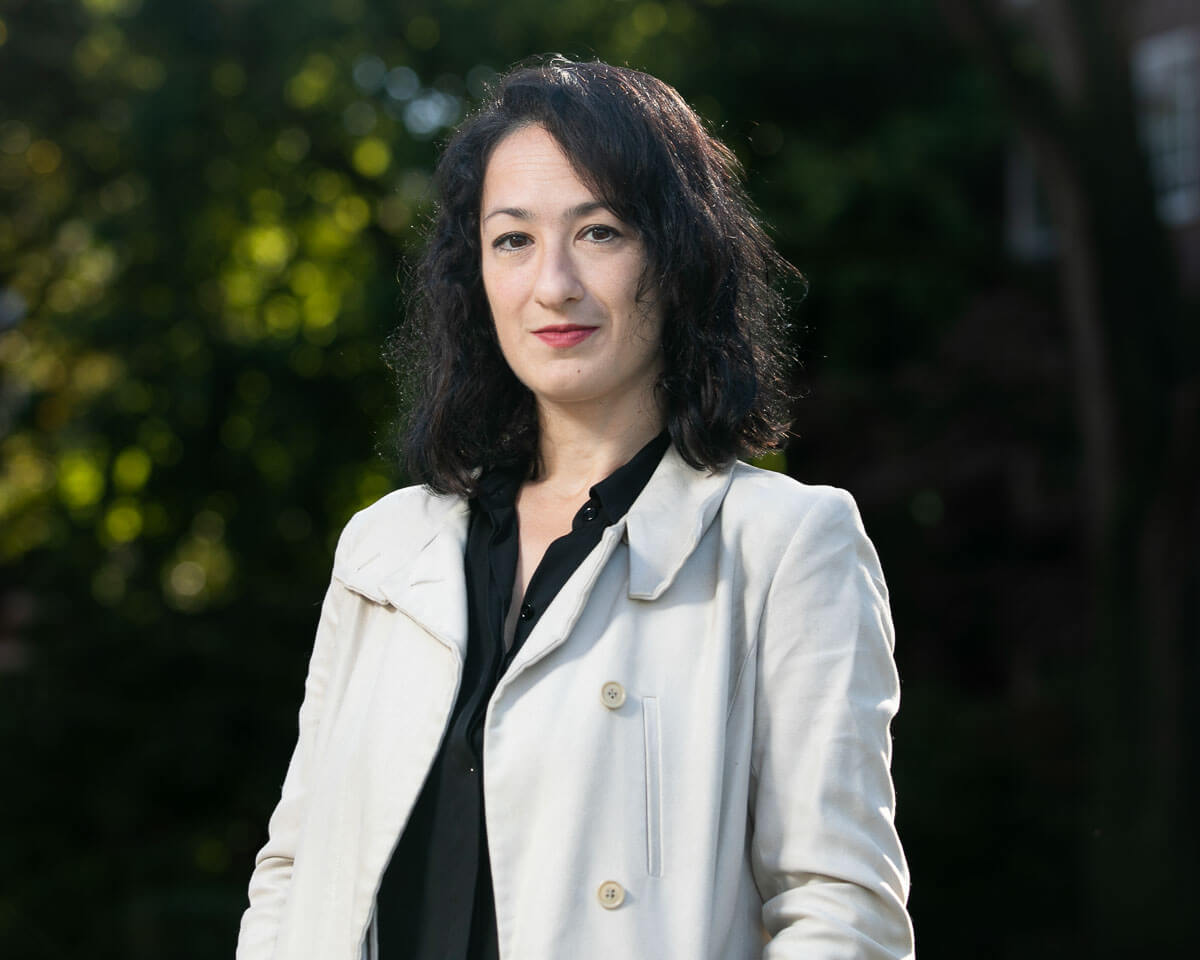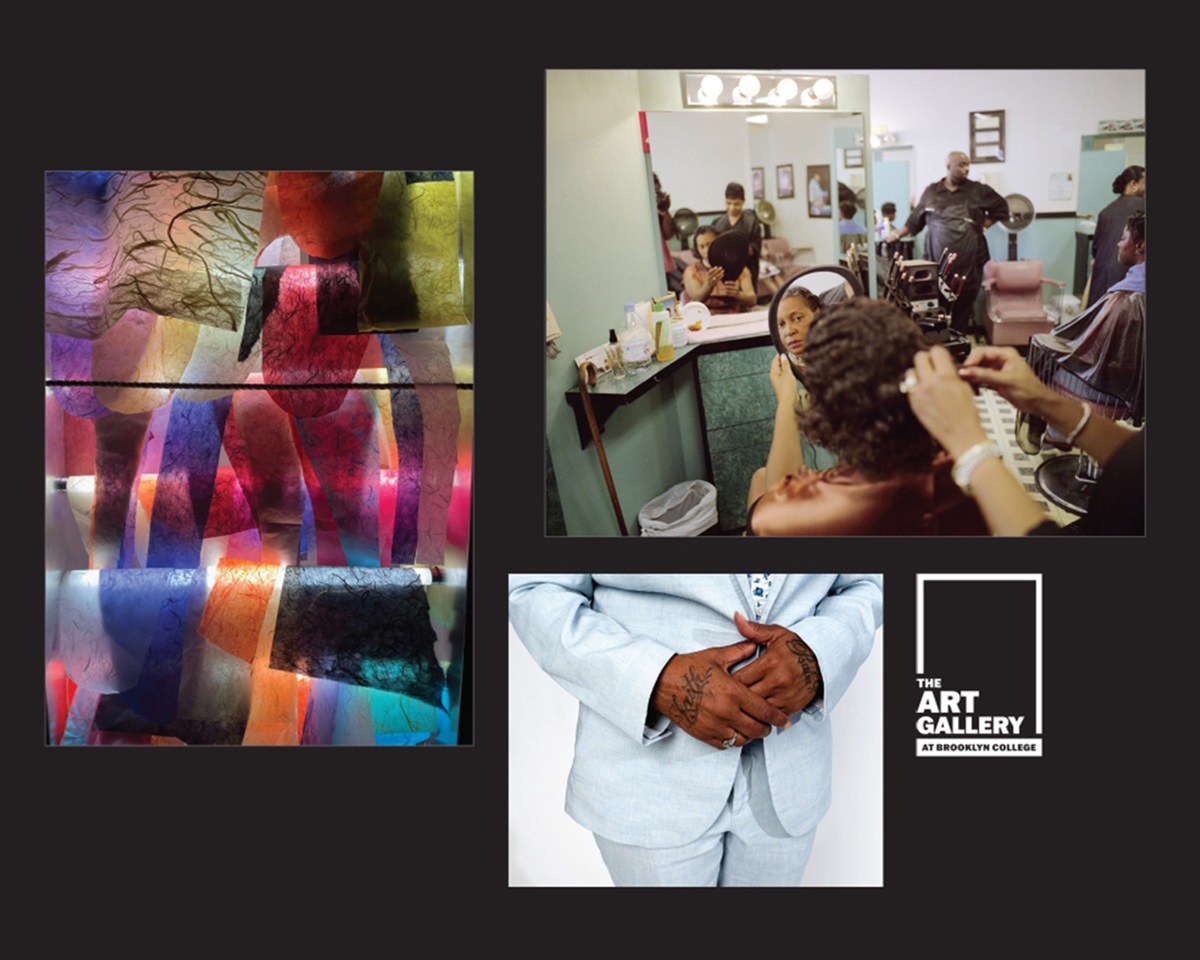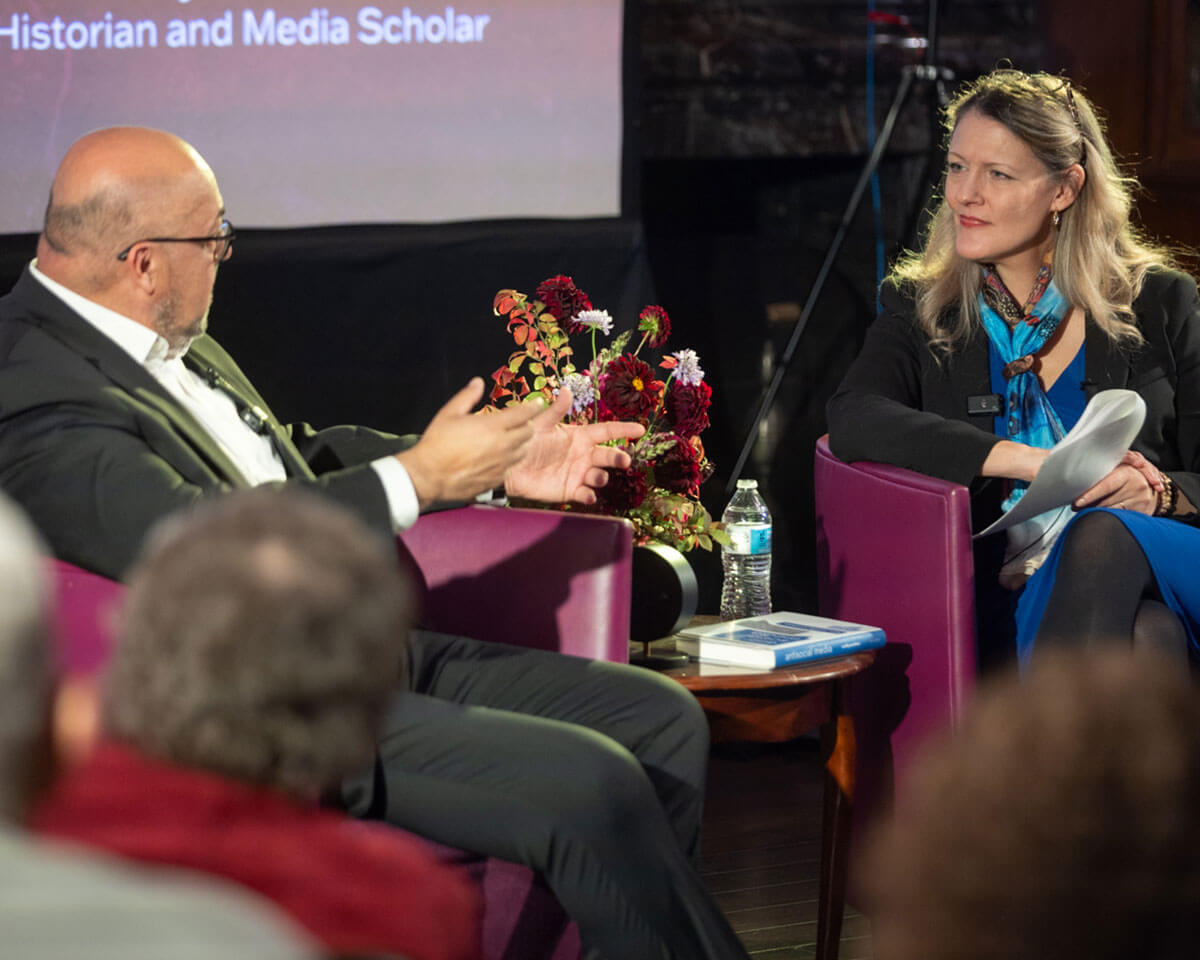Wildfires, food insecurity, school shootings, and COVID-19 are just some of the challenges that are seriously disrupting how we teach and learn today. As co-editor of Literacy and Learning in Times of Crisis: Emergent Teaching Through Emergencies (Peter Lang, 2022), Assistant Professor of Psychology Yana Kuchirko calls upon us to take a deep dive into how these and other global crises impact literacy and how we learn. In addition, CUNY Graduate Center doctoral candidate Kristina Arevalo ’19, ’21 M.A., speaks about the essay she contributed to the volume that explores anti-Asian hate, the lack of Asian-American history taught in schools, and her experiences as a student, researcher, and Asian American.
Brooklyn College: Can you tell us how Literacy and Learning in Times of Crisis came to be?
Yana Kuchirko: In my second year as an assistant professor of psychology at Brooklyn College, I participated in the Faculty Fellowship Publication Program (FFPP). FFPP provides untenured faculty across CUNY campuses with an opportunity to give and receive feedback on writing projects necessary to progress toward tenure. The editors (and some contributors) represented multiple disciplines (psychology, composition and rhetoric, English, and education) and were fellows of this FFPP group. Our shared goal of grounding our scholarship and pedagogy in social justice created a strong sense of community among us in isolation.
BC: How did you decide on the contributors and topics?
YK: We looked for pieces representing a diversity of pedagogical expertise, administrative know-how, and compassionate sensibilities over a wide range of crises. Our contributors focused on teaching and learning while battling long-term COVID, responding to wildfires in California, grappling with school shootings, and facing anti-Asian hate.
While some offer guidelines on analyzing discourses of crises in the classroom, others critique missteps of policymaking during calamity. Contributors provide innovative pedagogical tools that center on emotionality, politics of paying attention, programmatic curriculum, fostering critical literacy in a time of fake news, embracing the post-human nature of teaching on Zoom, and many more. The volume includes voices from students, faculty, and administrators.
BC: Can you give us some insight into what has been widely called a “literary crisis” and how the pandemic came into play around it?
YK: The pandemic exposed and magnified existing crises in our society. For example, the literacy crisis, which pertains to delays in young children’s reading and writing skills, disproportionately affects children of color in the United States. The roots of this are complex and result from numerous individual and structural factors.
BC: Do you see any solutions?
YK: The best way to think about the literacy crisis is to conceptualize language skills in holistic terms as deeply intertwined with other facets of children’s daily experiences. For instance, children’s learning of language is hampered when their families experience economic scarcity and toxic stress—if their families have little access to healthcare, if their neighborhoods have food deserts and receive too little investment from the government, if their teachers are underpaid and overworked, and if their schools have insufficient funding to provide high-quality education to all students. The solution to the literacy crisis is to invest heavily in public institutions that empower our communities and allow them to thrive at all levels. Public investment in institutions that interface with education will boost children’s literacies and cultivate our collective resilience to withstand future crises.
BC: You write about “crisis pedagogy” in your book as a remedy to the disruption caused by the pandemic and other crises.
YK: The term “crisis pedagogy” encompasses a variety of approaches that educational institutions can take during times of crisis to meet the needs of students. These adaptations can take the form of providing multiple synchronous and asynchronous curricula, being flexible on assignment deadlines, and the pacing of courses. Crisis pedagogy also considers how the mental health of both students and educators impacts their learning and teaching experiences. The effects of COVID-induced isolation and trauma on mental health will continue long after the pandemic ends. Such effects are disproportionality felt by minoritized communities.
But adjusting education to a student’s lived experience and circumstance is not new. In 2020, the pandemic reached a broader swath of the population, resulting in a shared experience of crises in various forms. The crisis-as-turning-point framework that my co-writers—Brooklyn College Associate Professor of Psychology Erika Niwa and CUNY Graduate Center doctoral student Tashiya Hunter—propose in this collection urges all of us to reimagine what it means to build inclusive, flexible educational institutions that can adapt to a wide range of crises.
BC: There are many crises and societal ills explored in the volume.
YK: Yes. The world is on fire these days. Literally. Wildfires are breaking out across the globe, ravaging forests, destroying livelihoods, and taking lives. What does it mean to teach and learn in parts of the world impacted by wildfires? In the chapter “Wildfire Season and Pedagogical Interventions: West Coast Crises,” by Kimberly Drake, we learn that from May through October, during wildfires, the air quality index can be equivalent to smoking five packs of cigarettes a day, and the smoke adds a constraint to teaching and learning during COVID. Drake provides detailed, innovative approaches to opting for a “partnership model” of teaching and learning that builds consensus-based, equitable education during climate emergencies we increasingly experience across the globe due to climate change.
People regularly encounter numerous forms of misinformation about topics like election integrity and COVID-19 vaccines with devastating consequences; most significantly, it erodes the public’s confidence in democracy. Alice Horning, in the chapter “Infowhelmed, Deep Fakes, and Fake News: Understanding Critical Literacy, Now More Than Ever,” urges educators to focus their attention on fostering students’ abilities to deal with disinformation, misinformation, deep fakes, fake news, and the like to address the crises we face across many contexts.
BC: Kristina Arevalo, you are a Ph.D. candidate who teaches at Brooklyn College and works with Professor Kuchirko. Can you talk about your contribution to the volume?
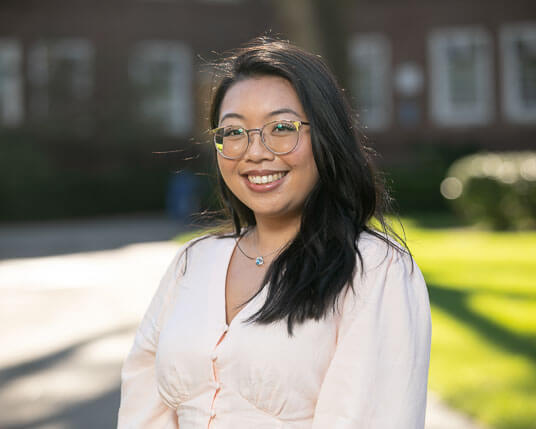
Kristina Arevalo ’19, ’21 M.A.
Kristina Arevalo: Yes. “Open Wounds: An Asian American Student’s Experience,” details my experience of being not just a student or a researcher but also a full Asian-American human being during the height of the COVID-19 pandemic. I discuss the microaggressions I faced, what led me to study anti-Asian discrimination, the emotions I felt because of my connection to my research, and the experiences of discrimination discussed by participants in my study and the broader AAPI community. I connect discriminatory practices that Asian Americans have faced throughout history to present-day experiences.
My contribution was born from my own frustrations of feeling invisible. So many people were misguided in their beliefs that the increase in Asian hate during the COVID-19 pandemic was new. The lack of Asian-American history being taught and the pervasiveness of the Model Minority Myth in commonplace discourse contribute to these beliefs.”
BC: So, Professor Kuchirko, we learn from our past as well as present-day crises?
YK: Yes. While this collection may be among the first post–COVID-19 books that detail pedagogical approaches to crises, prior work has documented how educators navigated teaching during shared and non-shared emergencies (e.g., 9/11, hurricanes Katrina and Sandy, and mass shootings, along with individual crises and traumas). The lesson we learn from these accounts is that when it comes to crises, it is not a matter of if, but when. Our institutions need the resources and training to proactively address the various crises that will inevitably emerge.
Return to the BC Magazine
